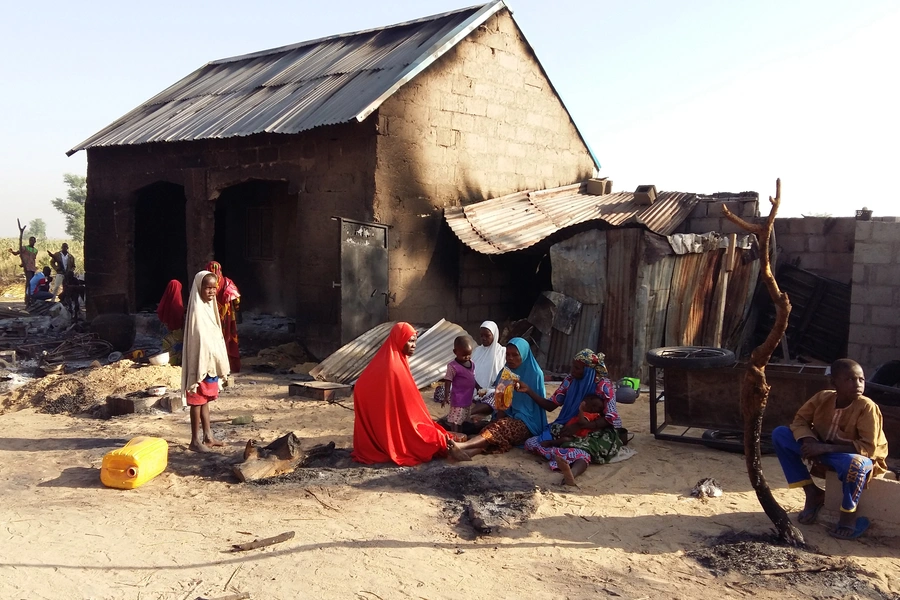Boko Haram Is Back in the Media Spotlight, but It Was Never Really Gone

President Muhammadu Buhari of Nigeria, on a number of occasions, has stated that Boko Haram is “technically defeated.” The Council’s Nigeria Security Tracker indicates otherwise, and on September 14, the New York Times published an extensive story on the resurgence of Boko Haram. It was accompanied by three pictures on a back page, including one of a child’s scar from an injury sustained during a suicide bombing. While most of the story will be familiar to Nigeria-watchers, there are details that may be new. The greater significance of the story, however, is its placement: the story starts on the front page above the fold. This is where the Times tends to publish what it regards as its most significant stories. The Times and the Washington Post make up the print media most widely read among policymakers. Hence the prominent placement of the story is likely both a cause and effect of the reemerging profile of Nigeria and Boko Haram.
According to the Times story, Boko Haram militants now control four of ten zones in northern Borno state, near Lake Chad. They are well armed following raids on military facilities, and now employ the use of sophisticated drones. The military is increasingly on the defensive, holing up in heavily fortified “super camps.” Recalling similar reports during the Jonathan administration, soldier morale is low. They face daily attacks, lack ammunition and medical care, and are seemingly neglected by their superiors. Corruption, of course, likely plays a role. The Buhari government allocates $80 million per quarter for the struggle against Boko Haram, but it is unclear where the money goes.
More on:
The Times story, citing an NGO source, also reports on the operation of markets, courts, and health facilities in the territories Boko Haram occupies. It cites a Nigerian vigilante as saying that there are Boko Haram camps within five miles of the Borno provincial capital of Maiduguri, a city with a nominal population of at least a million, though the actual number is likely higher because of the influx into the city of internally displaced persons. But, Maiduguri has a university, an airport, and other attributes of a large African city.
The Times notes that there are factions within Boko Haram. That of Abubakar Shekau, referred to colloquially as either Boko Haram or Jama’tu Ahlis Sunna Lidda’awati wal-Jihad (JAS), the group's original name, is probably the best known among non-specialists because he orchestrated the Chibok School Girl kidnapping. Another faction, likely similar in size, is the Islamic State in West Africa (ISWA), reborn out of the split in the group in 2016. It has links to the Islamic State, but among Nigeria watchers there is little consensus as to the significance of those links.
Following the kidnapping of the Chibok schoolgirls in 2014, international media attention rallied around the #BringBackOurGirls campaign. A ransom was placed on Shekau's head that was greater than that of the leader of the Afghan Taliban, and Western states offered greater military and logistical support for the Nigerian military, particularly in locating the girls. Attention, perhaps understandably, has waned. Some of the girls were released and it appeared that the military had pushed Boko Haram back into the bush. But about one hundred Chibok girls—so say nothing of thousands of other kidnapped girls and boys—are held captive, and the group's at least two factions are again occupying territory. It may appear then, that Boko Haram has reemerged; for the people of the Lake Chad Basin, in fact, they never really went away.
More on:
 Online Store
Online Store